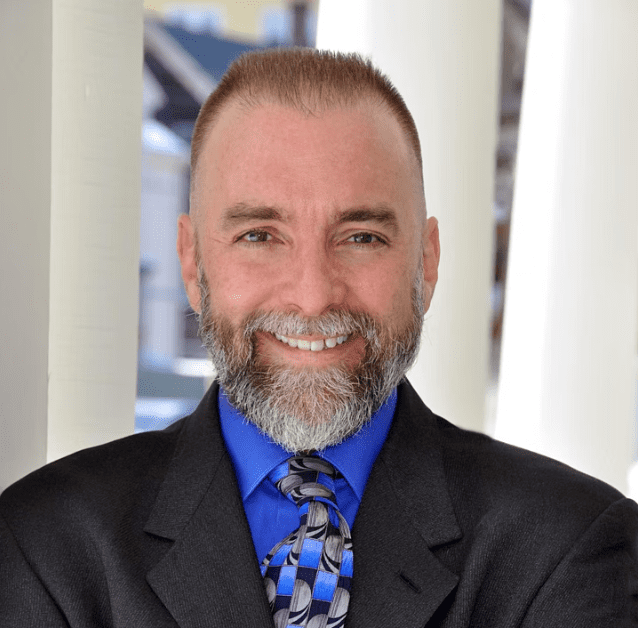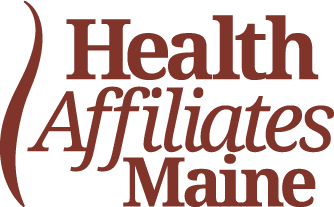
Jul 27, 2023 | Clinical Trainings
In this webinar, participants will learn how anxiety develops and acquire practical treatment strategies that can be applied immediately. Friday, September 22, 2023 8:30 AM – 4:00 PM EDT About the Training Anxiety disorders are now recognized as the most common...

Oct 24, 2022 | Clinical Trainings
This webinar will provide participants with an overview and in-depth examination of compelling ethical challenges in behavioral health. Thu, November 10, 2022 Wed, November 30, 2022 8:30 AM – 4:00 PM EST Refund Policy No Refunds About this event About the Training:...

Jul 26, 2022 | Clinical Trainings
We explore the common co-occurrence of mental health and substance use conditions in this six-hour training for clinicians. Fri, September 16, 2022 Fri, September 30, 2022 9:00 AM – 4:15 PM EDT About this event About the Training: This highly interactive six-hour...
Jan 4, 2022 | Clinical Trainings
This class meets the requirements for Domain 3, Ethics & Professional Conduct, of the Maine MHRT/Community curriculum. About this event Tickets This class meets Tuesdays and Thursdays from 9:00am-12:15pm from February 1 to March 3, 2022 via Zoom. You must...





